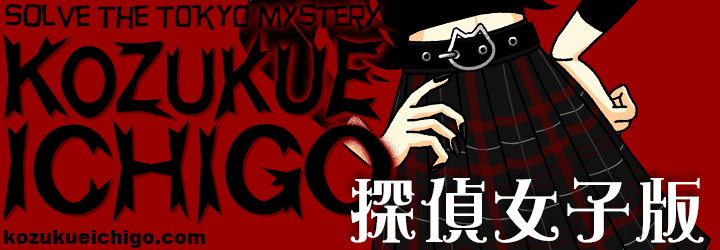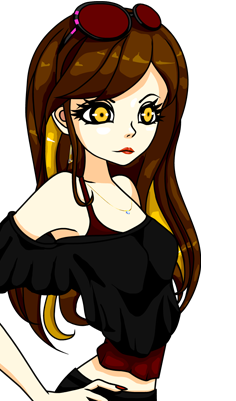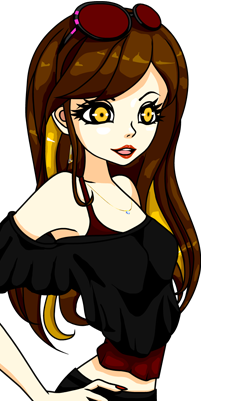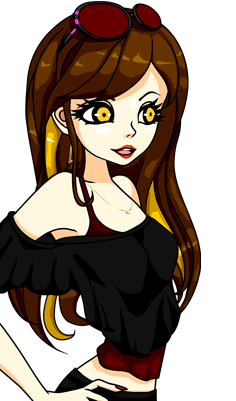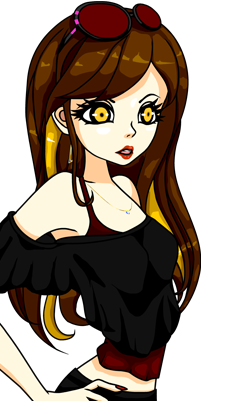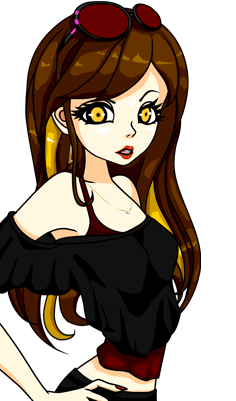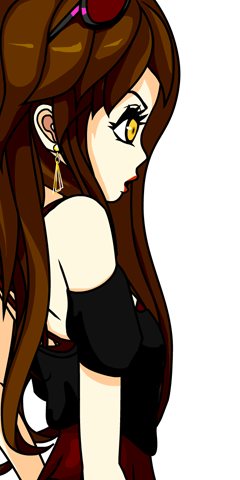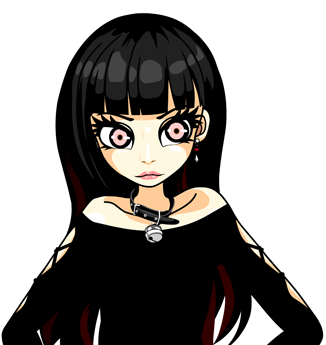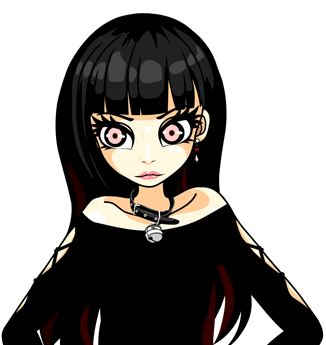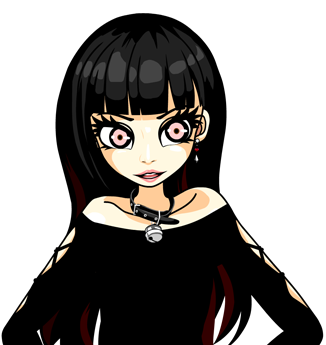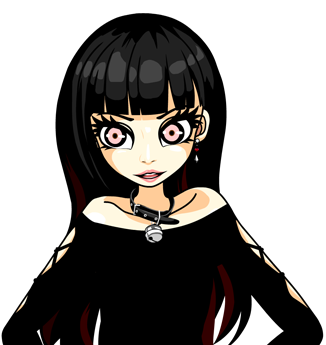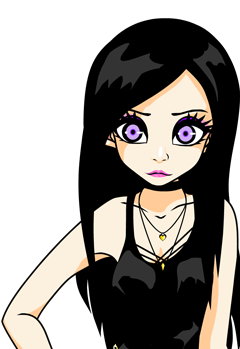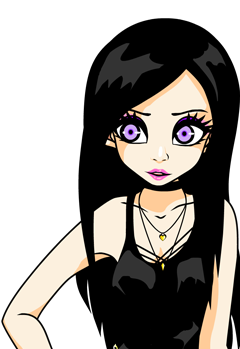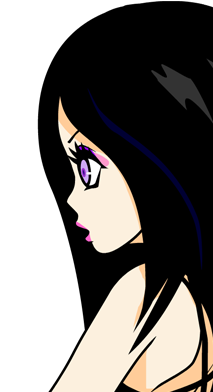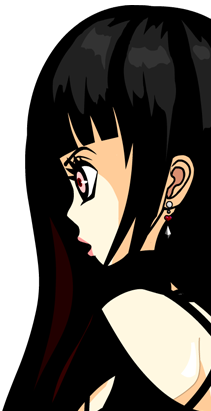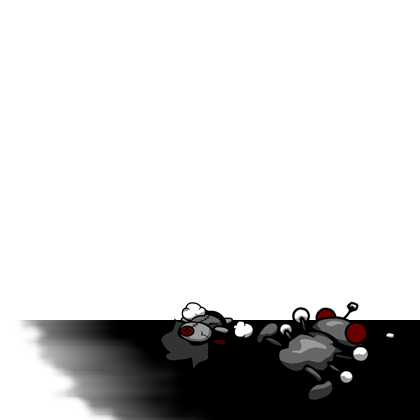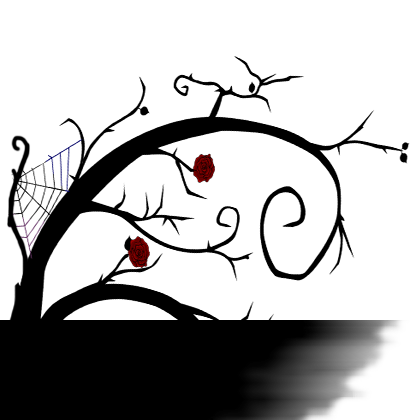
- Shops jostle each other in Ameya bystreet.
- There are a lot of such bystreet in Tokyo.
- It was black market in old days.
- For example, where is it?
- Shinjuku, Ikebukuro, Shinbashi, Nakano, Akihabara
- Sangenchaya, Shimokitazawa and Kichijyoji.
- What kind of place was there the black market in?
- The place that was burnt in war.
- And, that is not found from the police.
- What is the black market?
- The circulation was managed by the country in the war.
- The citizen couldn't do shopping freely.
- How did they do it when hungry?
- They waited for distribution.
- When war was over, was it settled?
- Even if war was over, Japan was rationing.
- Many people went back to Japan.
- But the food was insufficient.
- Were there enough rations?
- The rations were delayed.
- All death from hunger.
- Black markets in defiance of control increased.
- What happens if found?
- It was being confiscated.
- The citizen starves to death.
- A certain judge didn't use the black market.
- He conveyed the importance of following rules.
- He is great.
- He died of malnutrition.
- There is not persuasive power.
- I use the black market.
- The black market relieved a Japanese.
- What did they sell in the black market?
- Vegetables of the farmer who does not let pass the country.
- Product of the import ban.
- Why was import ban?
- The product which was the income of the enemy.
- I can't fight on an empty stomach.
- The sugar and the wheat flour were regulated.
- There were not sweets.
- A lot of candies sold in black market.
- What did the soldier and the politician eat?
- Their food was enough.
- That's not fair.
- The U. S. soldier gave a sweets to a Japanese child.
- They bought American products in Post Exchange(PX).
- Japanese citizen wanted American products.
- Could the Japanese not buy it?
- The product of PX was sold illegally in the black market.
- Was it only food to sell in a black market?
- There were American fashion magazine.
- The Japanese designer bought the book in a black market.
- And, American leftover food.
- I feel sick.
- I dislike the meat.
- Foreign product catalogue, product for kitchens and cigarette.
- It was a treasure for the Japanese.
- The black market has business opportunity.
- There are many troubles in the place where money move.
- Is it a thief?
- There were the territorial disputes, too.
- A handgun was fired.
- Could they buy the handgun in a black market?
- Of course.
- The supplies of the Japanese military were sold illegally, too.
- Lawless area.
- It is very dangerous.
- They made groups and armed themself.
- What about the police?
- Japanese couldn't have a weapon.
- Japanese police officer acted with U.S. Military police.
- How did the Japanese citizen protect themself?
- They made a lot of gangs.
- There was the rivalry between gangs, too.
- I'm scared.
- When Japanese maintenance of public peace recovered,
- the black market disappeared.
- Today is glutted with commodities.
- Don't work? Don't eat.
- Who will talk next?
- I will talk about the history of the japanese emperor.



